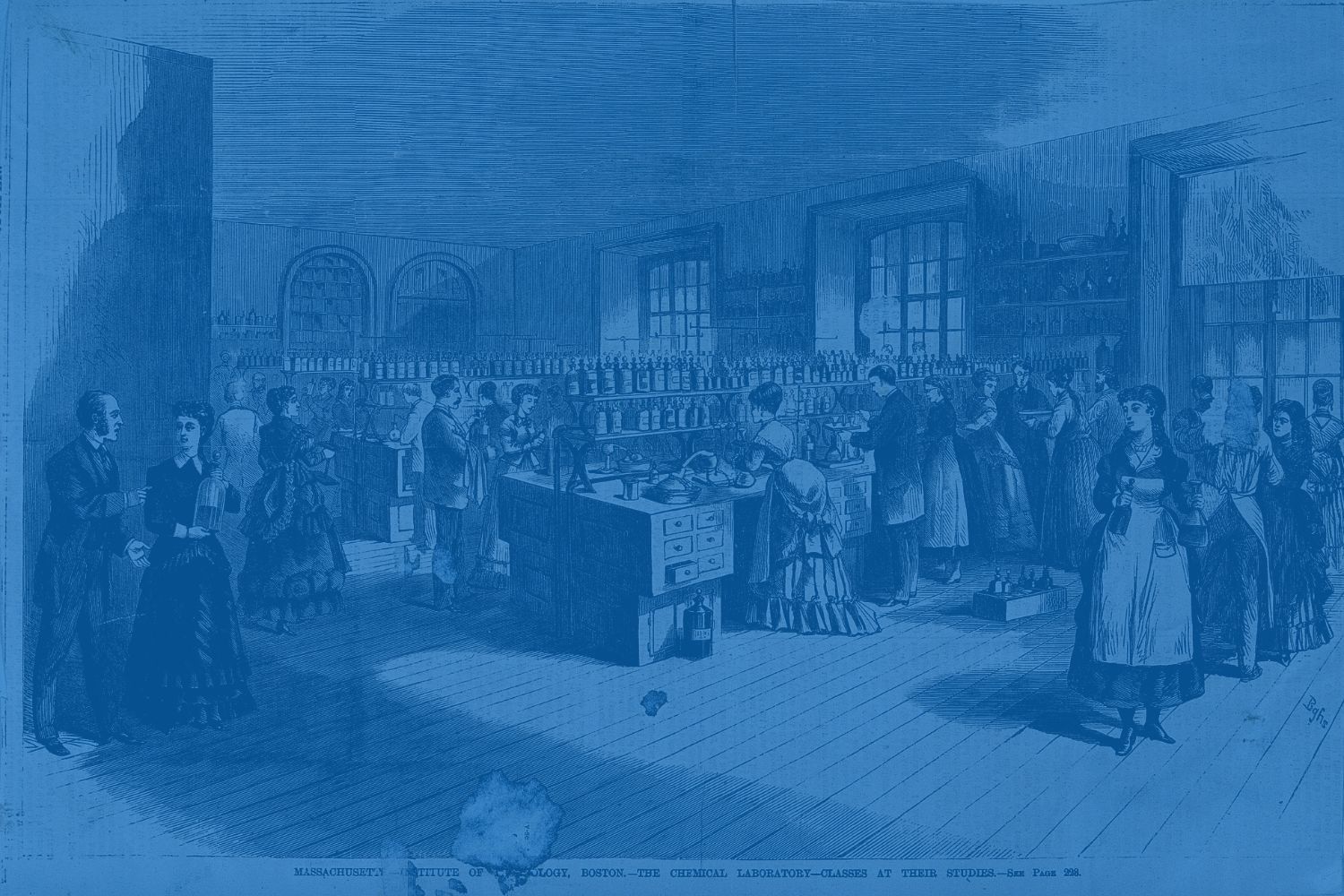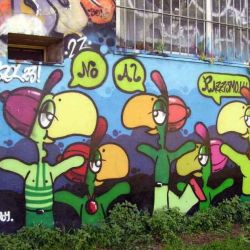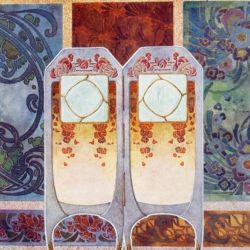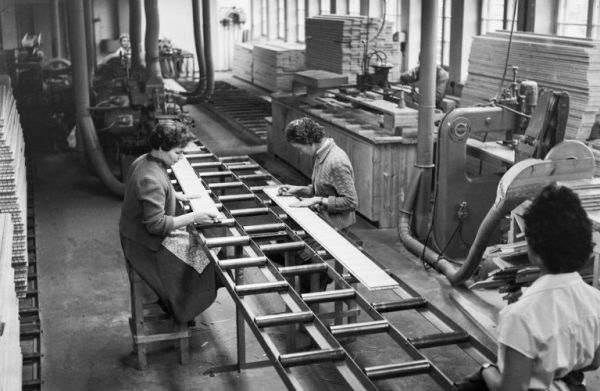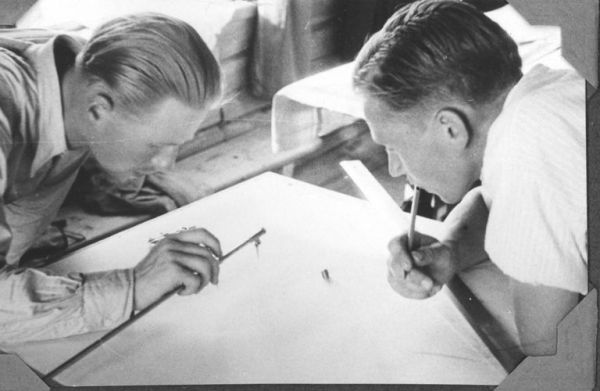
Introduction
Together with our partners and network, the Europeana Foundation is proud to begin 2023 as steward of the common European data space for cultural heritage, a new flagship initiative of the European Union to support the digital transformation of our sector.
Imagine a society boosted by digital data. Where information moves freely across sectors - securely, easily, usefully. Data spaces are designed to turn this vision into reality. They will ensure that Europe has a flourishing ecosystem of data sharing which offers alternatives to private and/or centralised platforms - an ecosystem based on the values of ownership, sovereignty and privacy.
Through the data space, we have the opportunity to be bold and create new rules of engagement while upholding what we stand for. Stewarding this space means working with new and different partners and designing innovative methods of collaboration. And it means we will widen the variety of data formats available in Europeana, with a particular emphasis on 3D.
In this rapidly evolving landscape and as we welcome a growing momentum in digital policy at EU and national levels, we will review the Europeana Foundation’s long-term strategy, striving for even greater impact and relevance.
The world we're building
We strive for a society in which everyone can access, use, reuse and learn from digital cultural heritage, and a digital heritage world that is purposefully inclusive of the diversity of our societies. And we aim to do it sensitively - aware that what we do has an impact on the very fabric of our planet.
Our values guide us to good decisions that can benefit our sector, its institutions and its people - starting within our own organisation and network. Refining our hybrid working practices will help everyone to balance work and home life, personal development and physical and mental wellbeing.
This year, collaboration takes on even greater significance. As part of a consortium of 19 partners and in close cooperation with the Europeana Network Association and the Europeana Aggregators’ Forum, we will deploy the common European data space for cultural heritage. With the advent of the data space, we look forward to enhancing the use of cultural heritage for the benefit of society and to delivering more in terms of diversity, inclusivity and sustainability.
The world we strive for is collaborative, diverse and inclusive, participatory and sustainable.
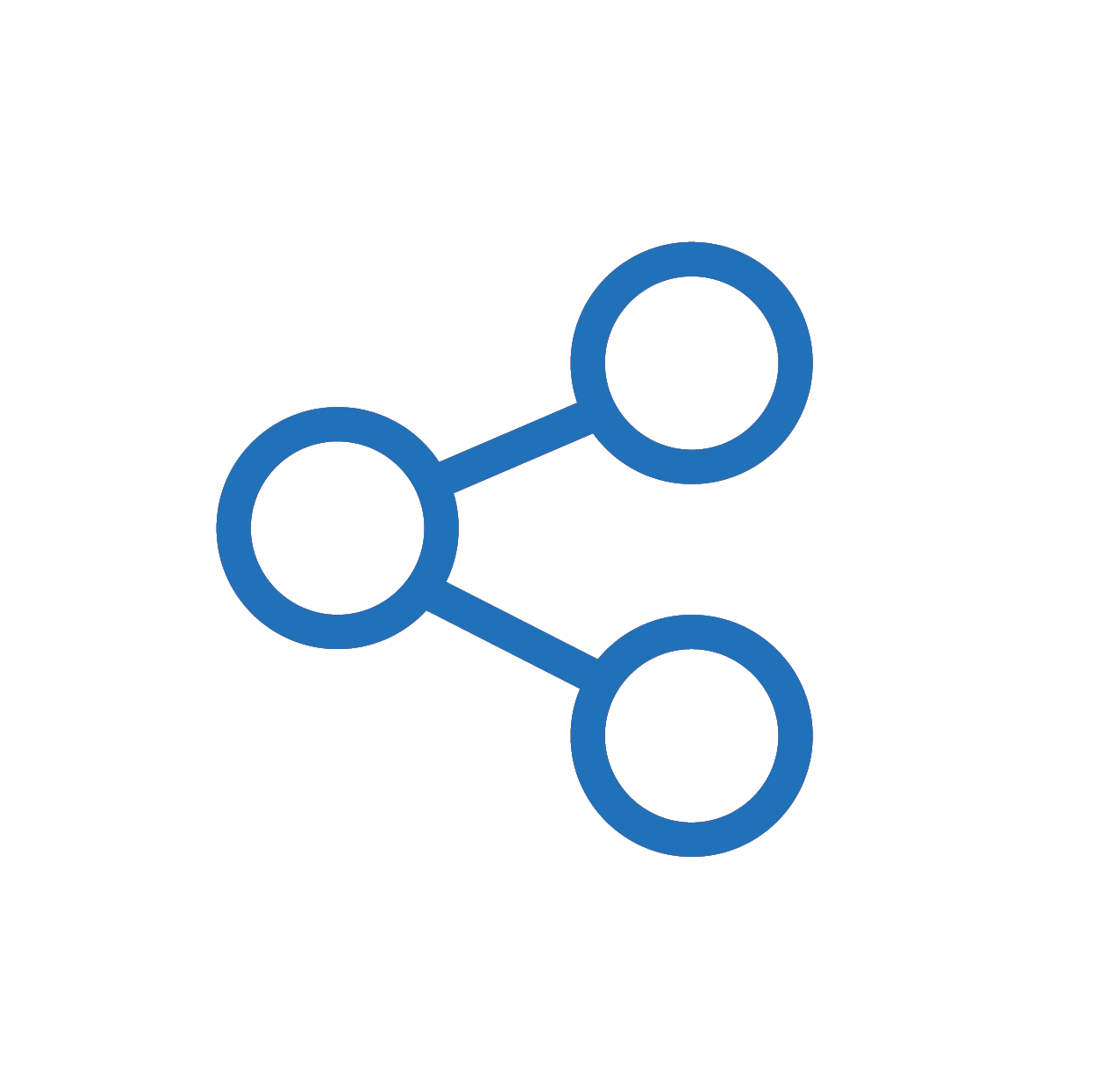
Collaborative
Effective cooperation helps us engage with each other, and build and maintain the relationships that contribute to the growth and future use of the data space.

Diverse and inclusive
Data, stories, events and communities should be diverse and inclusive. We give visibility to underrepresented communities in our editorial, and uphold our inclusive engagement guidelines.

Participatory
We set high standards for participatory practices on our websites, in our campaigns and in the cultural sector so that everyone can access, share, play with, contribute to and be enriched by digital culture.

Climate action
We embed eco-thinking in digital transformation. Guided by the Europeana Climate Action Manifesto, we reduce, off-set and benchmark our carbon footprint, and support the Climate Action Community.
Projects for digital culture
Project working is where our collaborative ethos comes to the fore. Coordinated by the Foundation, 19 partners work together on the development of the data space.
We participate in other EU-funded projects - covering topics from data and technological innovation, to reuse and capacity-building - that align with our vision. In 2023, we will continue harnessing opportunities that contribute to our ambition and help enhance the data space.
What we’re working on in 2023
In 2023, we are excited to start developing the common European data space for cultural heritage. Our transition to the data space will imply both continuity and change - we will build on what we have done for the past 14 years, and we will renew our work in an entirely different context.
Integration of high-quality data
We will work with the cultural heritage community to increase the amount of high-quality, usable and accessible data in the data space, with a special focus on 3D. We will also further develop and put in place approaches to data governance to ensure data is used and shared in a trustworthy, public-interest led and transparent and fair way.
Working on 3D together
In cooperation with our network of accredited aggregators and cultural heritage professionals, we will source and make available 3D content, and update our data frameworks. A working group will be created to develop expertise and nurture the reuse of these high-value datasets along with the rich 2D content already available in Europeana.
Data governance
Various Europeana frameworks and standards ensure that data storage, access and reuse is subject to clear conditions and permissions. As we collectively build the data space, we will develop these frameworks to support the sharing and reuse of new types of data, through new means and for new purposes.
Innovation
We’ll deploy automated approaches and artificial intelligence to support the increase of high-quality data, as defined by the Europeana Publishing Framework.
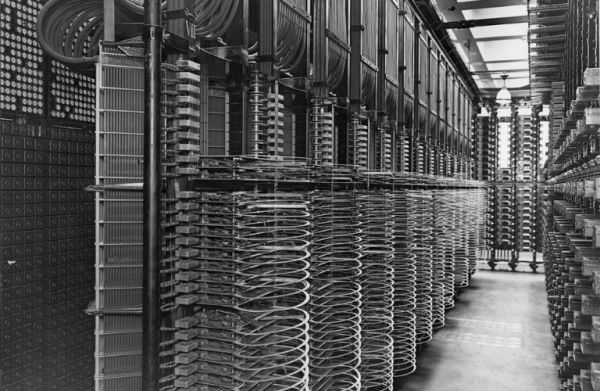
- Title:
- Den första helautomatiska telefonstationen i Stockholm, "Norra Vasa", installerades av Telefon A.B. L.M. Ericsson 1924.
- Creator:
- Okänd
- Institution:
- Tekniska museet
- Country:
- Sweden
- Copyright:
- Public Domain
GOALS
- An increase of 10% in high-quality data, including 3D
- More than 55% of content is high-quality and reusable
- The deployment of one AI solution in production
- Develop and implement rules for the governance of data
Development and operation of the data space infrastructure
In 2023, we will make the existing Europeana data infrastructure more resilient, efficient and ready to scale to the ambitions of the data space.
Next generation infrastructure
A successful data space needs reliable and interoperable data. We will expand our current infrastructure and aggregation systems to support the growth and quality of the data it holds. We’ll improve our identifiers for digital records to be permanent and unique, increasing accessibility, security and resilience. And we’ll extend our suite of APIs so that digital cultural heritage can be used by more people in more ways.
Deploying the core components for a multilingual search
We will complete the deployment and assessment of multilingual search for one language so it can be scaled up to 24 languages later on. We will also cooperate with the European Commission service, eTranslation, to support this scaling up in the coming years.
Innovative data sharing models
With the support of the EuropeanaTech community and the Data Quality Committee, we’ll make sure our sector remains relevant and updated with the latest technological developments. We’ll investigate decentralised aggregation models and we’ll work with the Data Space Support Centre to make sure information can flow easily and usefully from one data space to another.
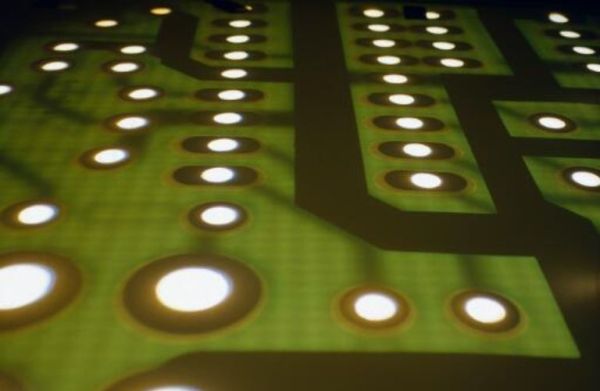
- Title:
- Silicon chip
- Creator:
- Paul Griggs
- Institution:
- Wellcome Collection
- Country:
- United Kingdom
GOALS
- A resilient, open source and high-performing infrastructure
- An improved unique and persistent identification system at the core of the data space
- A redesigned and extended suite of APIs, including a new API linking to translation services
- Requirements for a renewed data aggregation model
Building capacity and fostering reuse
2023 is the European Year of Skills. We will support the Europeana Network Association and the Europeana Aggregators’ Forum to thrive, upskilling heritage professionals in making high-value datasets available for reuse. We will explore new models of cooperation so that everyone can contribute to the development of the data space.
Training programme
We will collaboratively develop a training programme that enhances participation in, and the resulting impact of, the data space. Through this programme and our work on community-led knowledge transfer, we will create a robust suite of capacity-building resources.
We will engage stakeholders to tailor a programme with measurable impact, and to identify the best tools to deliver the training and allow easy and effective collaboration among professionals.
Events
Working closely with the incoming Swedish and Spanish Presidencies of the Council of the EU, we will align visions and actively engage Member States in shaping and developing the data space, building on their long-standing support for our work.
And our EuropeanaTech conference will bring together professionals from across the globe to explore the challenges and opportunities that topics like AI and 3D bring to the sector.
Audience needs for reuse
We’ll learn more about our established reuse audiences in education and research, and we’ll explore potential reuse cases in media, tourism and creative sectors.
We’ll work with partners to develop our education communities, focusing on reusability of existing resources and their availability in multiple languages.
We’ll continue to engage with the developer/API community and tailor our APIs and accompanying documentation to their needs.
GOALS
- Revision of models of cooperation that meet the needs of the data space
- A collaboratively developed training programme
- Research carried out into the needs of professionals and reuse audiences
- More than 75% of people satisfied with their experience as Europeana Network Association members
Digital services for the public
We will continue to develop the Europeana website, engaging audiences with digital cultural heritage in a way that's user-friendly, interactive and multilingual. We will promote diverse and inclusive storytelling for more people to discover, use and reuse cultural heritage content online.
Access for all
The Europeana website offers cultural heritage content to everyone. It allows people to search, browse and access content in all 24 official languages of the EU. We will ensure the website is engaging, easy to access, and functions well on all devices – and that it is ready to take advantage of a 5G infrastructure.
To improve the website experience, we will deploy greater automation to refresh and highlight new and interesting content. We will make items easier to find than ever before and we will increase multilingual content. We will extend user participation features and optimise how we manage and respond to user feedback.
Participation
We will expand digital participation with cultural heritage in and around the data space. We will work with partners to curate, publish and promote content that reflects pan-European themes and perspectives. We will promote engaging, high-quality content on the Europeana website, social media channels, newsletters and on external platforms.

- Title:
- Koolmees op paulownia tak
- Date:
- 1925 - 1936
- Institution:
- Rijksmuseum
- Country:
- Netherlands
- Copyright:
- Public Domain
GOALS
- A fully responsive and 5G ready Europeana website
- FAQs available in 24 languages
- 75% of people satisfied with their experience on Europeana.eu
- 80% of people satisfied with the editorial content on Europeana.eu
- europeana_foundation_business_plan_2023_budget.pdfDOWNLOAD - Europeana_Professional/Publications/europeana_foundation_business_plan_2023_budget.pdf
